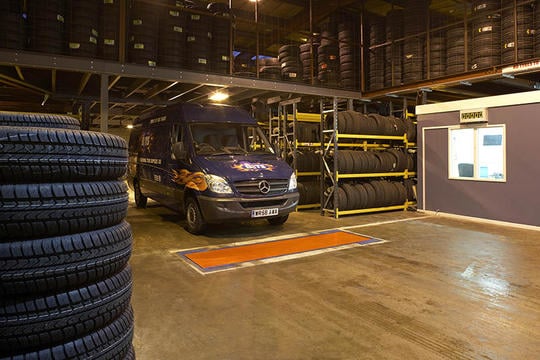Daimler plans to split up into the world’s largest makers of luxury cars and commercial vehicles, renaming itself Mercedes-Benz and separately listing its truck unit by year-end.
The plan to distribute a majority of Daimler Truck to shareholders is the most significant shake-up Ola Kallenius has made since taking over the top job at the German giant almost two years ago.
The spinoff will appease investors who long advocated for the move, citing a stubbornly low valuation for the group company. While Daimler recently tweaked its corporate structure to give more independence to its main divisions, it was viewed as a half measure and did little to boost sentiment.
The move represents the start of a “profound reshaping of the company,” Kallenius said in a statement on Wednesday. “Mercedes-Benz Cars & Vans and Daimler Trucks & Buses are different businesses with specific customer groups, technology paths and capital needs,” he said.
“Given this context, we believe they will be able to operate most effectively as independent entities, equipped with strong net liquidity and free from the constraints of a conglomerate structure,” Kallenius said.
Sanford C. Bernstein analyst Arndt Ellinghorst said: “The outcome is extremely positive for all shareholders and we’re convinced that this is also in the best interest of all employees at Daimler. It’s also a strong positive statement for the German corporate landscape and financial market.”
Daimler’s truck unit could be worth about 29 billion euros ($35 billion) if valued at multiples similar to Volvo AB, although it would need to substantially improve returns to justify that valuation, Deutsche Bank analysts wrote in a January report. Bernstein’s estimate is even higher at 35 billion euros.
Volvo issued a bullish outlook for the global truck market earlier Wednesday within its report of better-than-expected quarterly earnings. Transport and construction activity has fully recovered in most markets and improved customer confidence, according to the company. It raised its forecast for heavy-duty vehicle sales in Europe and North America this year by a combined 90,000 units.
The results raise the bar for Daimler Truck, which has long trailed its Swedish rival in terms of profitability. Volvo’s operating margin of almost 13 percent is “the highest the company has ever reached in recent memory,” RBC analyst Tom Narayan said in a note.
Daimler officials previously balked at selling individual divisions in the past but had kept the door open to a partial listing of the trucks unit. German rival Volkswagen pushed through an IPO of its truck operation Traton in 2019, and the business now has a market value of almost 12 billion euros. Traton agreed last year to acquire Navistar International to challenge Daimler and Volvo in North America, the industry’s biggest source of profits.
Daimler’s truck division contributed 40.2 billion euros of revenue in 2019, according to the company’s annual report. It sold 488,521 vehicles worldwide and generated 2.46 billion euros in earnings before interest and taxes that year. While the North American Freightliner brand posts robust profits, the European operations have gone through multiple rounds of restructuring.
Source: Automotive News Europe. 20th February 2021.
Author: Alistair Williamson MBA
Alistair Williamson MBA is the founder of truckepedia and also a recently published author having co-authored, ‘The Road to Zero Emissions,’ published on 10th September 2020 by Kogan Page. More information available at: https://theroadtozeroemissions.com. Alistair offers broad knowledge and proven expertise, primarily within the Automotive sector, in the fields of: project management, product management, business development and marketing. Alistair is a creative business leader, strategic partner and entrepreneur with a track record of success delivering: innovative marketing, commercial support and operational leadership across a variety of B2B sectors internationally including; Engineering, Automotive, Financial Services and Industrial Chemical.








1 Comment